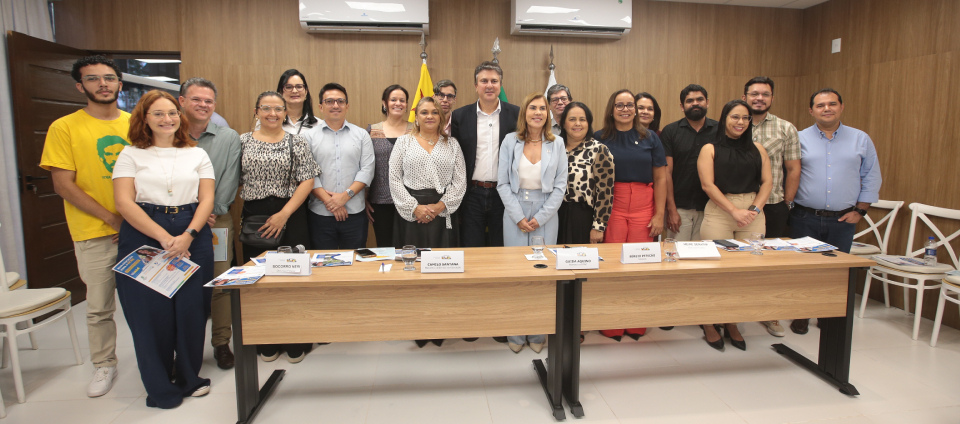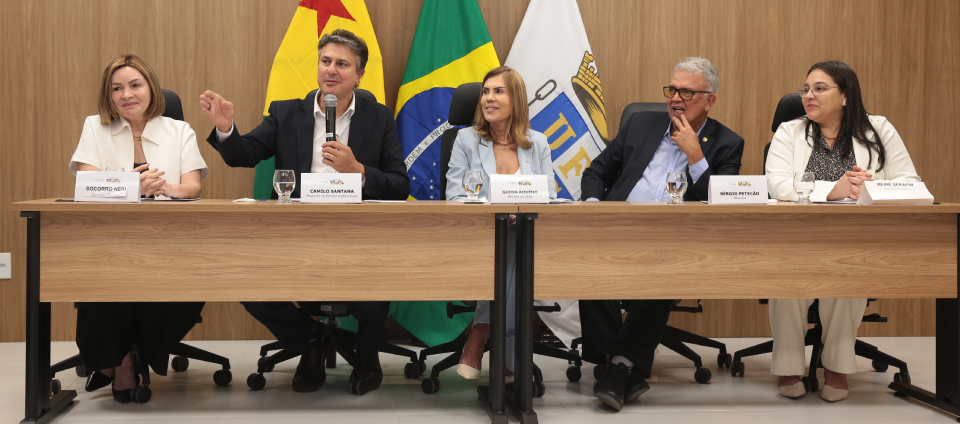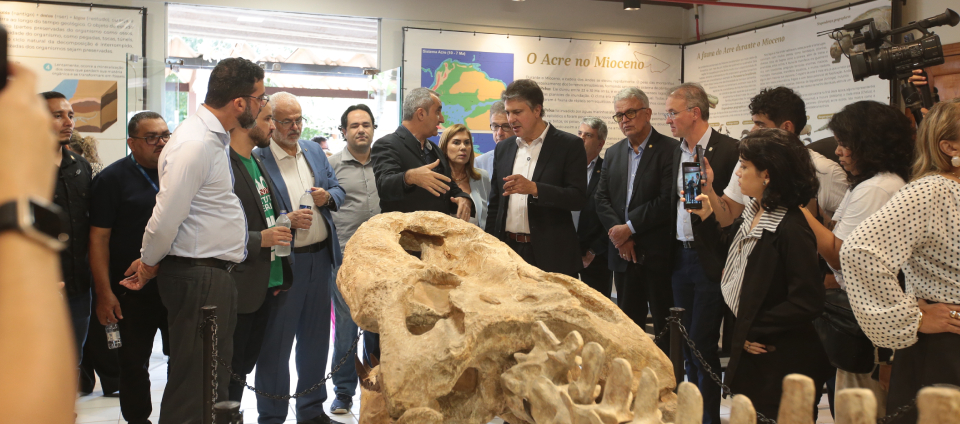Stephen Mollah is “around 58” years old and claims to have invented or designed at least three things: Twitter’s bird logo, the eurobond, and bitcoin — the idea for the last of which came to him some 20 years ago during a walk in the Himalayas.
If you’re somewhat sceptical, you’re not alone. Mollah and his associate Charles Anderson were recently accused of fraud between November 2022 and October 2023, the Evening Standard’s inimitable Tristan Kirk reported earlier this month:
According to the charge, it is alleged the men “dishonestly” claimed that “Stephen Mollah was Satoshi Nakamoto who is believed to have created Bitcoin and/or that Stephen Mollah owned 165,000 Bitcoin that were in Singapore, intending to cause loss to Dalmit Dohil or to expose that person to a risk of loss.”
The not guilty pleas were first indicated when the case was brought to the magistrates court in August. A further hearing in the case ahead of the trial has been set for October 3 next year.
Unperturbed, Mollah and Anderson on Thursday morning pleaded their case to a dozen or so highly-suspicious journalists (one of whom said they had been asked to pay £500 for the privilege) on the top floor of London’s Frontline Club, favoured haunt of Louis Theroux. FT Alphaville was told to go by Robin invited, too. What followed was in equal parts hilarious and heart-breaking.
The duo’s presentation got off to an unserious start: testing a microphone with “testicles, one, two, three” being a bold opening gambit. With Mollah sitting patiently to one side, Anderson regaled his audience with tales of claimed inventions of his own, including the energy recovery system and some or other feature of Arbiter guitars.
“I effectively brought karaoke to the UK,” Anderson quipped. “Sorry about that”.
A self-described “semi-intelligent person connected with technical things,” it was Anderson who had emailed FTAV the night before, promising a front-row ticket to “a historic event in the cryptocurrency landscape” that would mark the end of more than 15 years of Nakamoto’s anonymity while signalling “a new chapter for Bitcoin and Blockchain technology”.
But he seemed in little rush to turn the page. Did the audience know, for example, that he had “acted on stage” quite a few times “in various theatres”, albeit not for 30 years? We did not.
Might we get to the bit about Bitcoin, a reporter enquired. All in good time, sir, Anderson replied. The “very original documents” which prove beyond doubt that Mollah is who he says he is would follow soon enough.
Anderson and Mollah met through church, and it was with a convert’s zeal that the former recounted the cryptographic miracles the latter had apparently performed.
A heart-warming tale, cried one reporter, but please, please, may we see the evidence we were promised to back up this prophet’s claim?
Soon, sir, very soon, promised Anderson, whose subsequent request to see all of the reporters’ credentials fell rather flat.
Eventually, finally, almost 40 minutes after arriving, it was Mollah’s turn to take to the stage. But not before someone pointed out that Anderson’s camera, broadcasting the unveiling to the watching world, had been off the entire time.

Mollah, who calls himself an economic and monetary scientist, as well as a “business person who does business”, opened as follows:
“When I designed Bitcoin in 2007, I did publish all of the materials. In the middle of May [of that year], I had a problem with my computer, my computer was hacked. I did some research on the matter, searching for anybody else doing any other kind of digital currency research or anything. And that was the time I chose to go pseudonymous. So I deleted my personal identity from the internet.
[…]
[Years later] “I was scheduled to go on the BBC, but suddenly Craig Wright [another supposed Satoshi] was brought there by a group and put in [instead]”
Anderson chimed in:
It’s very easy to and quite obvious that you would want to be, very critical of someone claiming to be Nakamoto. However critical you are, and whatever your thinking, you’ll have to believe me on this… I thought it as well, and thought it much more than you’re thinking about question marks et cetera . . . I’ve seen things that in my mind . . . the things I’ve seen I truly and honestly believe cannot be faked.
PLEASE, PLEASE, PLEASE CAN WE SEE THOSE THINGS TOO????, a reporter interjected.
Any second now, Anderson replied, to sniggers from the crypto press, now rocking back in their chairs. A little sad and in desperate need of a drink, it was at roughly this point that FTAV stood up from our own chair and left.



Warning: Undefined variable $user_ID in /home/u824415267/domains/acre.com.br/public_html/wp-content/themes/zox-news/comments.php on line 48
You must be logged in to post a comment Login